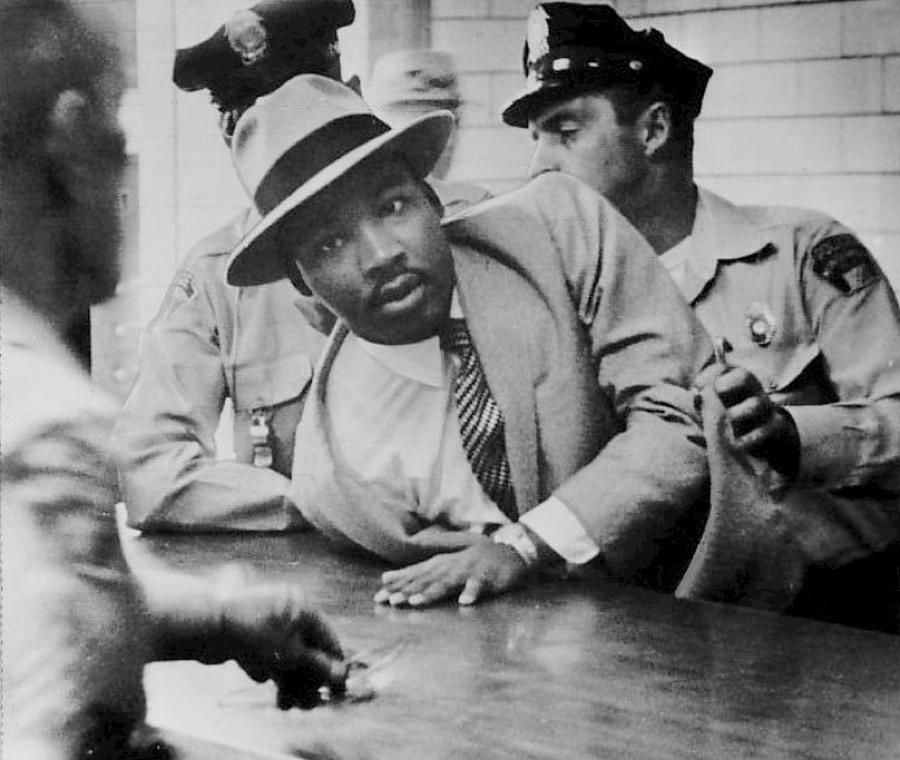By: Jason Jones & John Zmirak – stream.org – January 15, 2018
In the 1980s, thousands of courageous pro-lifers across the country tried, via Operation Rescue, to apply the Civil Rights movement’s tactics to defending unborn children. They failed.
Today we mark the legacy of Martin Luther King, Jr. He’s not just some ethnic hero, but a true American one. He is even, in critical ways, a conservative paragon. We’ll lay out why, and draw out what the pro-life movement can — and cannot — learn from King’s success.
King a “conservative”? It seems absurd at first. King sparked massive change in American life. He radically unsettled the existing social order. He rejected calls for “prudence” and “gradual change.” He pointed to abstract principles to condemn concrete arrangements which had seemed to “work,” after a fashion, for 100 years since the Civil War.
His Civil Rights movement, however just its cause, did create a template for a long list of less worthy jihads, on behalf of disgruntled feminists, abortion mongers, and same-sex libertines. On that point, Southern conservatives proved sadly correct: overturning the racial hierarchy in America let a lot of other genies out of the bottle. Some of those spirits are afflicting the black community worse than segregation ever did (i.e., abortion).
No surprise that when King was organizing marches and sit-ins, most of the existing conservative movement opposed him. William F. Buckley and most of the writers at National Review were among them. But Buckley and NR came around as did most Americans. Here’s why:
More than almost any other political leader since Lincoln, King sought to polish the Golden Egg of liberty and equal opportunity, without doing violence to the Goose — that is, America as an orderly nation of laws. Both his arguments and his tactics bear that out.
Martin Luther King, Patriot
Arguing for civil rights, King did not appeal to the Marxist dialectic that so many of his allies had accepted. Nor did he latch onto the bastardized and racist pseudo-Islam that Malcolm X was peddling. No, King cited St. Thomas Aquinas and pointed to “natural law” that can overrule any legislation a nation passes — be it the Nuremberg Laws in Germany, or segregation in America. King pointed to the words of our nation’s founders, and called them a “promissory note” to America’s black citizens. And there really was no rational counter-argument to all that. He left his enemies weaponless, except for fire-hoses and truncheons.
Such thuggish means backfired on white supremacists, and turned the nation against them. But that need not have happened. The whole Civil Rights movement could have gone sidewise, and sparked mass civil conflict. That happened in Northern Ireland in the early 1970s, and it could well have happened here. There were three key factors that made the difference:
To see more of this article, click read more.
Source: What Pro-Lifers Can and CAN’T Learn from the Civil Rights Movement
 Listen Online
Listen Online Watch Online
Watch Online Find a Station in Your Area
Find a Station in Your Area







 Listen Now
Listen Now Watch Online
Watch Online
